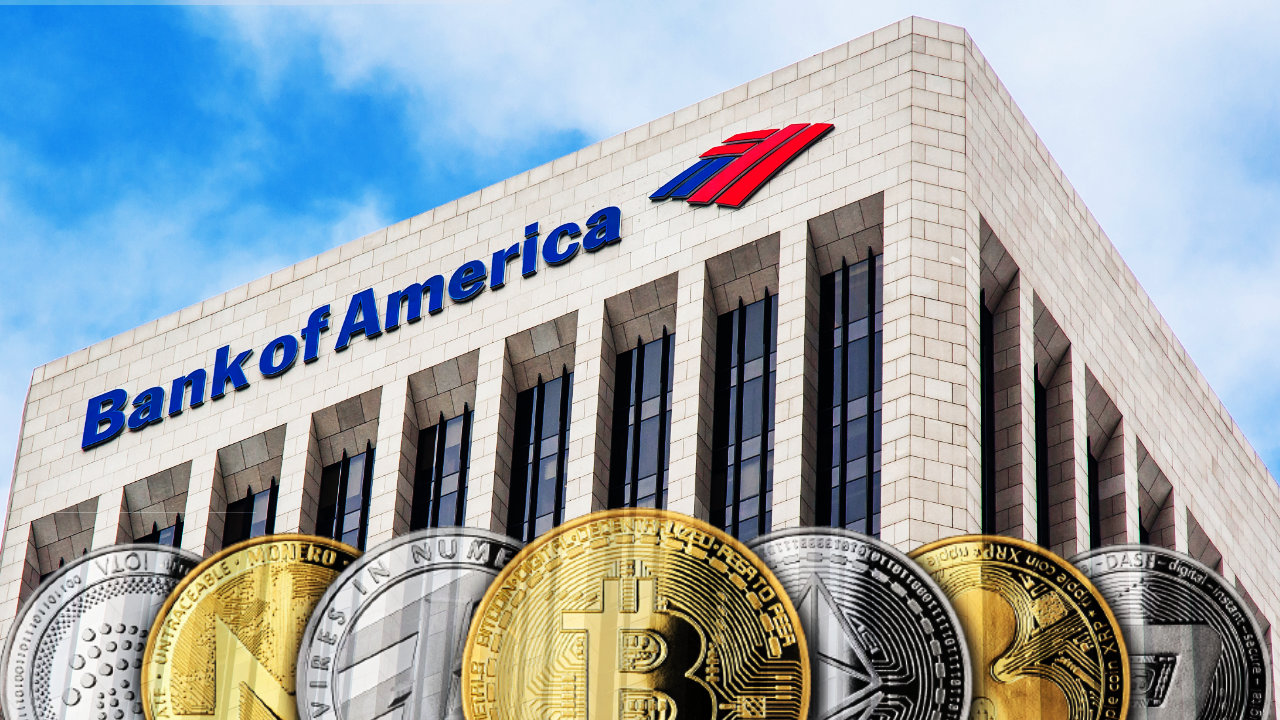
The Regulatory Challenges Facing Bitcoin
Bitcoin, the pioneer cryptocurrency, has faced a tumultuous journey in the realm of regulations. Governments worldwide have grappled with the unique nature of cryptocurrencies, leading to a complex landscape of rules and restrictions. Let’s delve into the regulatory hurdles that Bitcoin encounters and the potential implications for its future.
Regulatory Impact on Bitcoin’s Price
The price of Bitcoin has often been at the mercy of regulatory decisions. Instances such as China’s crackdown on cryptocurrency businesses in November 2019 resulted in significant price drops. Conversely, regulatory victories, like the approval of Bitcoin Spot ETFs, have led to price surges. For instance, in January 2024, Bitcoin’s price soared above $73,000 following regulatory approvals.
Token Classification and Regulatory Challenges
Cryptocurrencies encompass various token types, including transactional, utility, security, and governance tokens. Utility tokens, like ether (ETH) on the Ethereum platform, serve specific functions and are not always subject to traditional securities regulations. Conversely, security tokens represent ownership stakes and fall under regulatory scrutiny. The classification of tokens poses a challenge for regulators seeking to apply existing frameworks to this innovative asset class.
Global Regulatory Initiatives
International bodies, such as the IMF, have called for coordinated efforts among regulators to address the complexities of cryptocurrencies. The EU’s Markets in Crypto Assets (MiCA) regulation, implemented in June 2023, provides a framework for regulating cryptocurrency assets within the bloc. While the EU has taken proactive steps, other regions, including the U.S., are still formulating their regulatory approaches.
Lessons from Asia
Countries like Japan and South Korea have set precedents in cryptocurrency regulation. Japan’s recognition of cryptocurrencies as property and the establishment of licensing requirements for ICOs demonstrate a proactive regulatory stance. South Korea’s plans to tax cryptocurrency profits signal a move towards formalizing regulations in the industry.
The Role of the SEC
The Securities and Exchange Commission (SEC) plays a pivotal role in regulating securities-related to Bitcoin. While Bitcoin itself is not yet directly regulated by the SEC, investments and derivatives linked to Bitcoin fall under its purview. The evolving regulatory landscape poses challenges and opportunities for the cryptocurrency market.
Bitcoin’s Legal Status in the U.S.
Bitcoin is legal in the United States but is not classified as legal tender. Despite this, existing regulations governing financial instruments can be applied to cryptocurrencies. Clarity in defining and applying regulatory standards to virtual assets is crucial for ensuring compliance and fostering innovation.
The Future of Bitcoin Amid Regulations
Bitcoin’s survival hinges on user support and engagement with regulatory authorities. As regulations continue to evolve, Bitcoin’s resilience will depend on its ability to adapt and comply with emerging standards.
In conclusion, the regulatory environment surrounding Bitcoin is dynamic and multifaceted. Navigating these challenges requires collaboration between industry stakeholders and regulators to ensure a balanced approach that fosters innovation while addressing potential risks.















